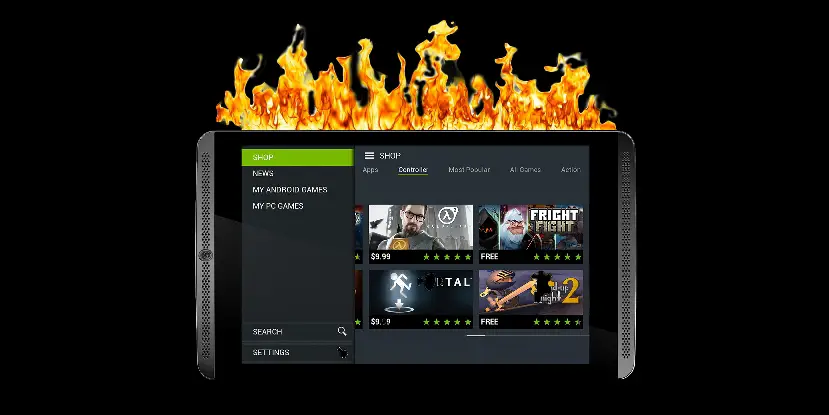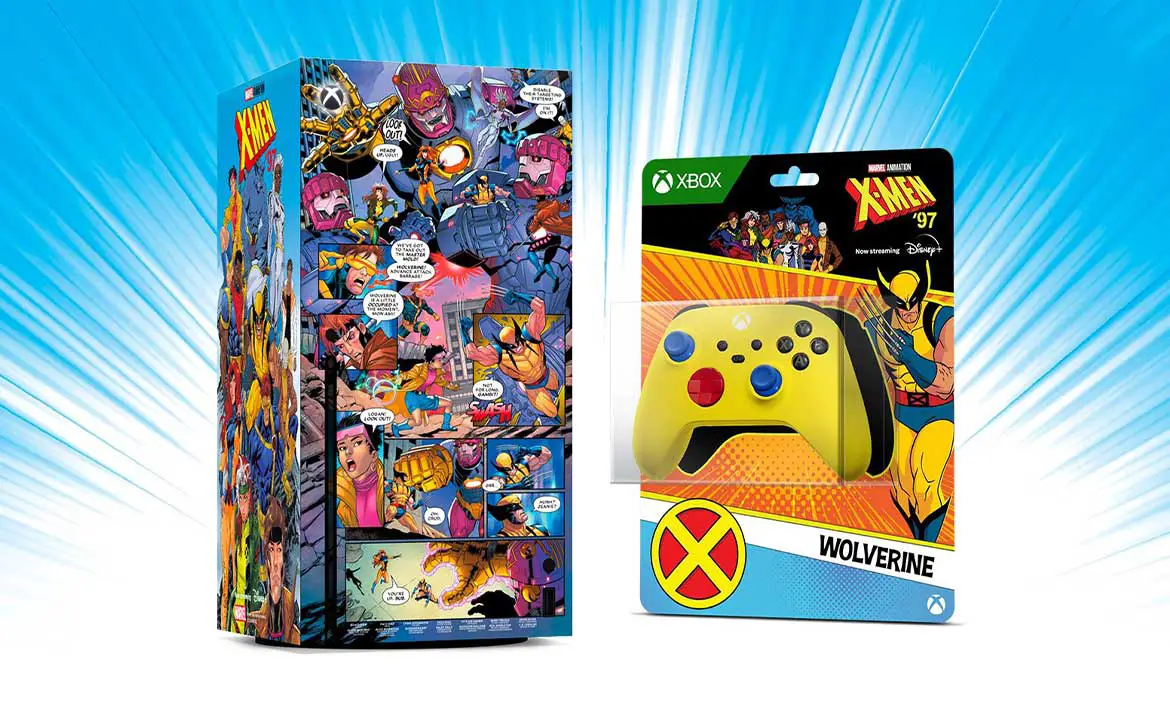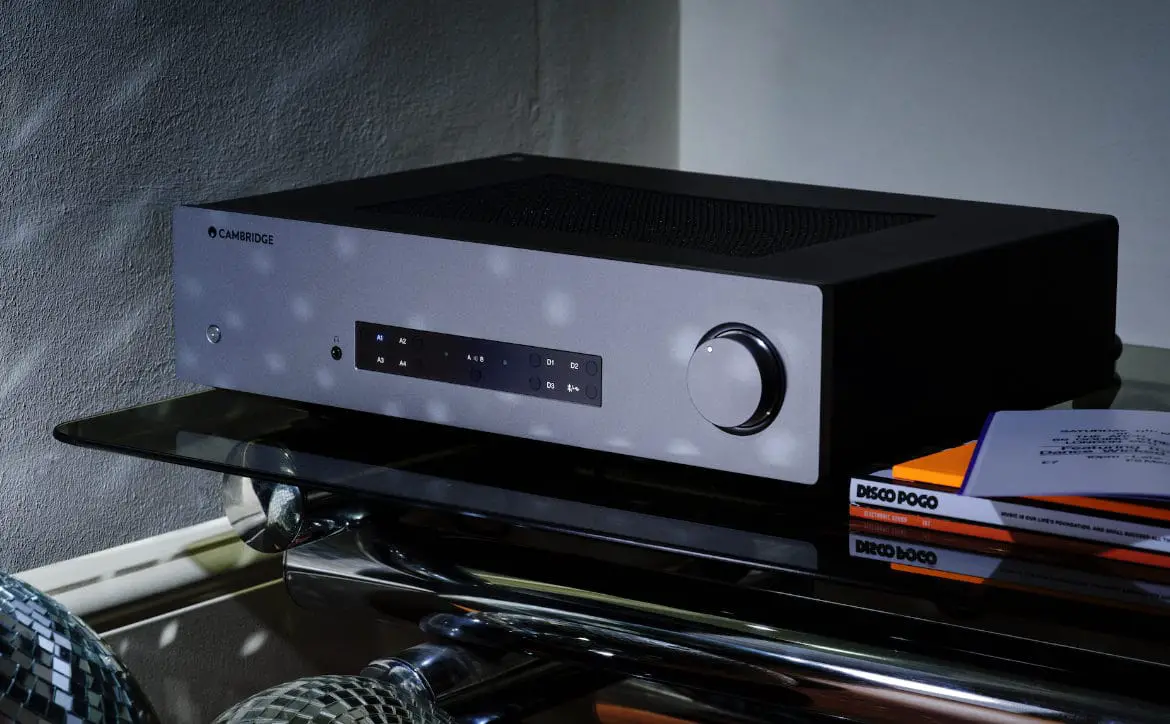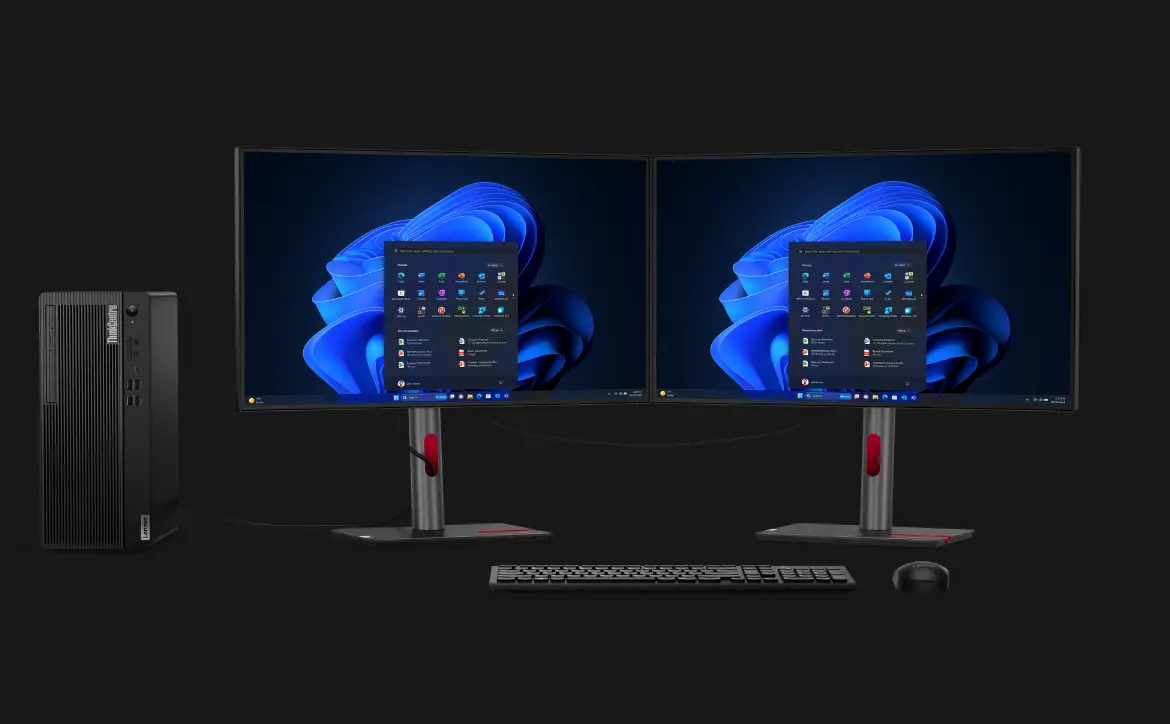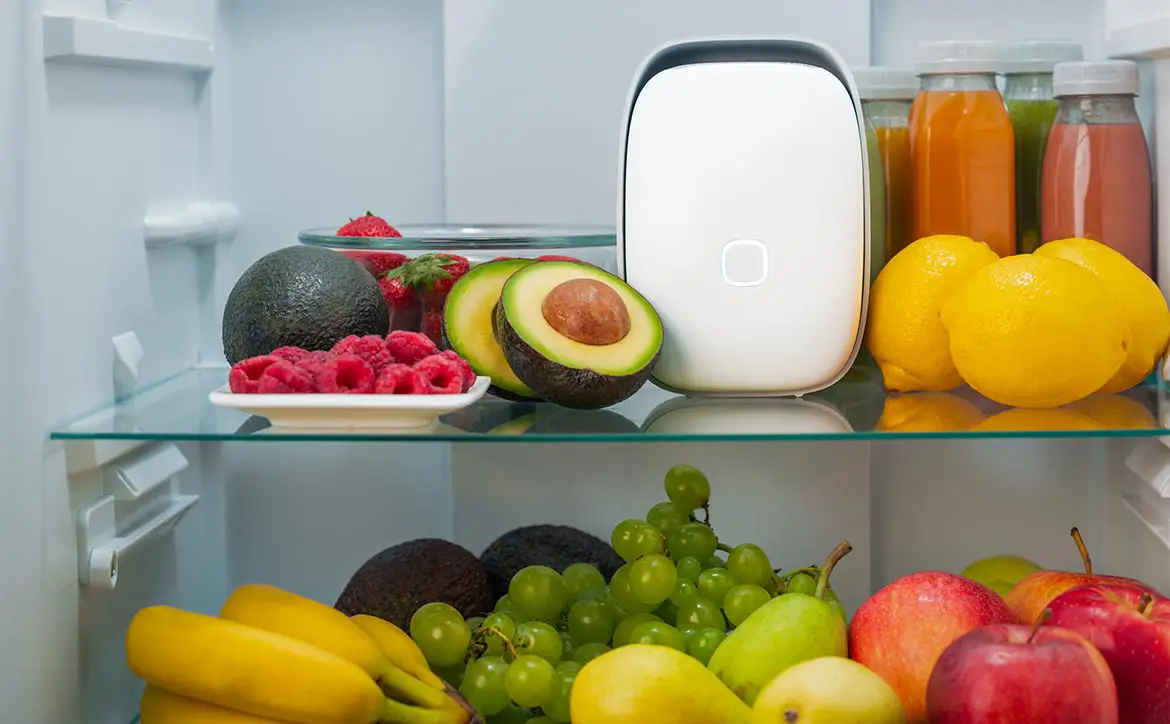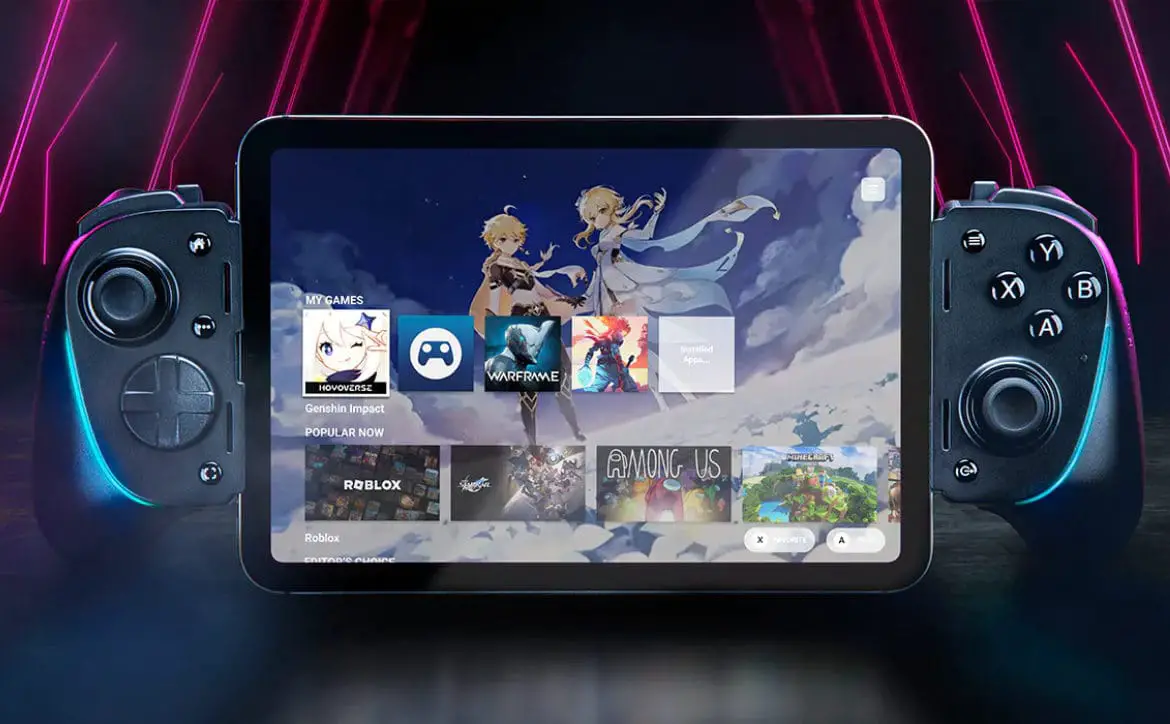The Nvidia Shield tablet was Nvidia’s second Android based gaming device with a full HD 8-inch screen, powerful internals, and over a battery over 5,000 mAh. Unfortunately that battery may have some problems, hence the most recent voluntary recall issued by Nvidia. Reportedly, there are two battery models used in the Nvidia shield tablet, the Y01 and the B01. The Y01 model is the battery which has been reported to overheat, posing a fire hazard. If you are the owner of one of the Nvidia Shield tablets, you should check the status of your device in the “About Tablet” settings category. Alternatively, if you bought your tablet within the past year, it is most likely on the recall list. Visit the Nvidia site to replace your device.
NVIDIA is coordinating with appropriate governmental agencies to ensure that the recall follows established industry practices. – See more at: http://nvidianews.nvidia.com/news/notice-for-nvidia-tablet-customers#sthash.m3UvcJqL.dpuf
Fortunately, all other Nvidia Shield products are unaffected by this recall and battery issue.
Thermal runaway, the phenomena which causes batteries to overheat and catch fire, is caused when a lithium ion battery is brought to a certain temperature which then causes an exothermic reaction, the temperature varies among battery chemistry however. It is unclear what is causing the temperature increase in the Nvidia Shield tablets, whether it be the temperature of processing units or simply a faulty battery. If the problem is inherent in the battery, the most likely explanation would be a short causing a spike in temperature.
A mild short will only cause an elevated self-discharge. Little heat is generated because the discharging energy is very low. If, however, enough microscopic metal particles converge on one spot, a major electrical short can develop and a sizable current will flow between the positive and negative plates. This causes the temperature to rise, leading to a thermal runaway, also referred to ‘venting with flame.’
Within a large battery such as the one in the Nvidia Shield, multiple battery cells exist. If one battery cells experiences thermal runaway it is more than likely to trigger a thermal event in the adjacent cell as well.
Nvidia suggests that you backup, turn off, and send your device in to be replaced.
Any thoughts on the Nvidia tablet recall? Let us know in the comments or on social media!
[button link=”http://nvidianews.nvidia.com/news/notice-for-nvidia-tablet-customers” icon=”fa-external-link” side=”left” target=”blank” color=”285b5e” textcolor=”ffffff”]Source: Nvidia[/button][button link=”http://batteryuniversity.com/learn/article/lithium_ion_safety_concerns” icon=”fa-external-link” side=”left” target=”blank” color=”285b5e” textcolor=”ffffff”]Source: Battery University[/button][button link=”http://www.hindustantimes.com/technology-topstories/nvidia-shield-tablets-recalled-as-battery-can-catch-fire/article1-1375385.aspx” icon=”fa-external-link” side=”left” target=”blank” color=”285b5e” textcolor=”ffffff”]Via: Hindustan Times[/button]
Last Updated on November 27, 2018.

